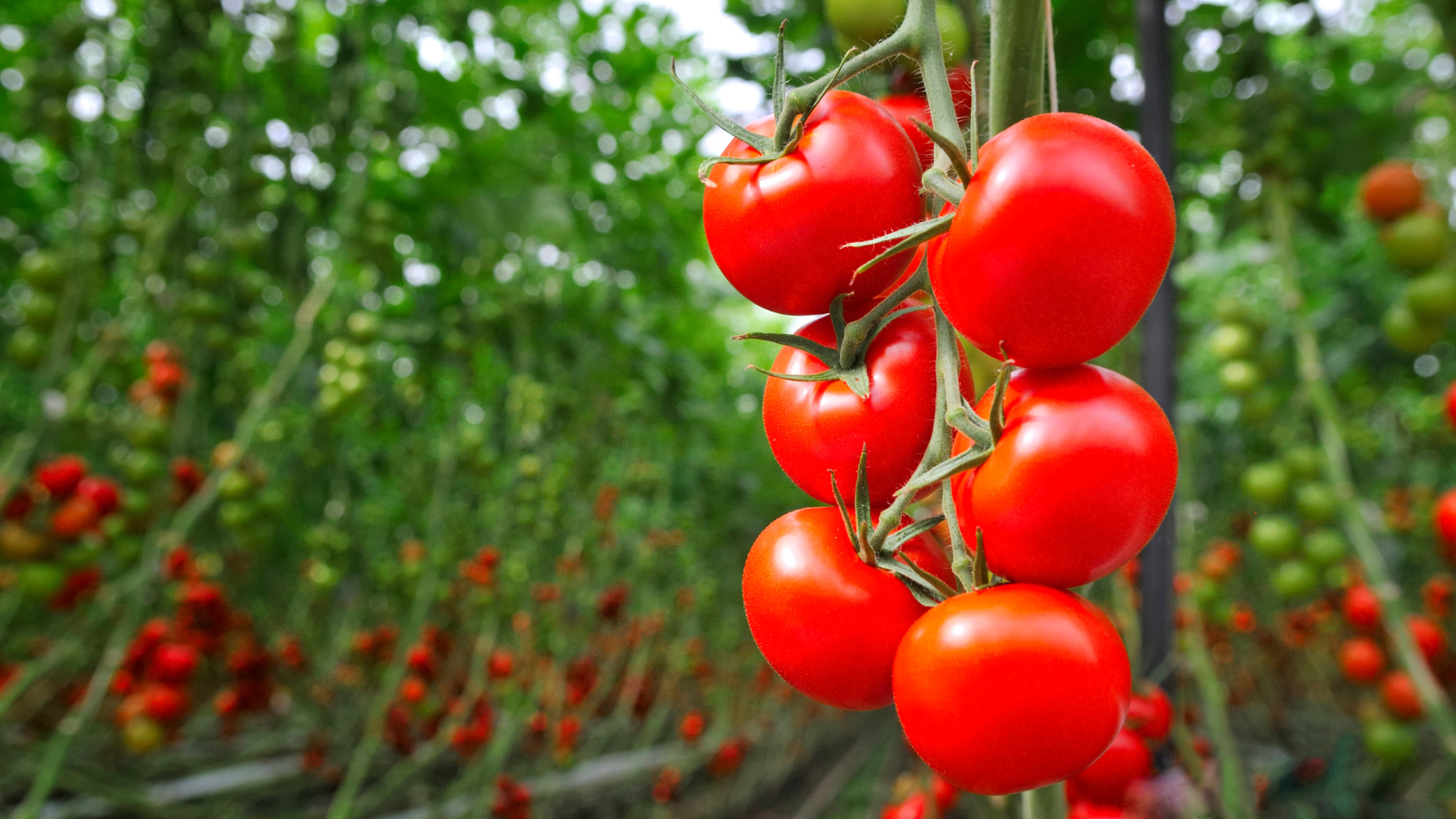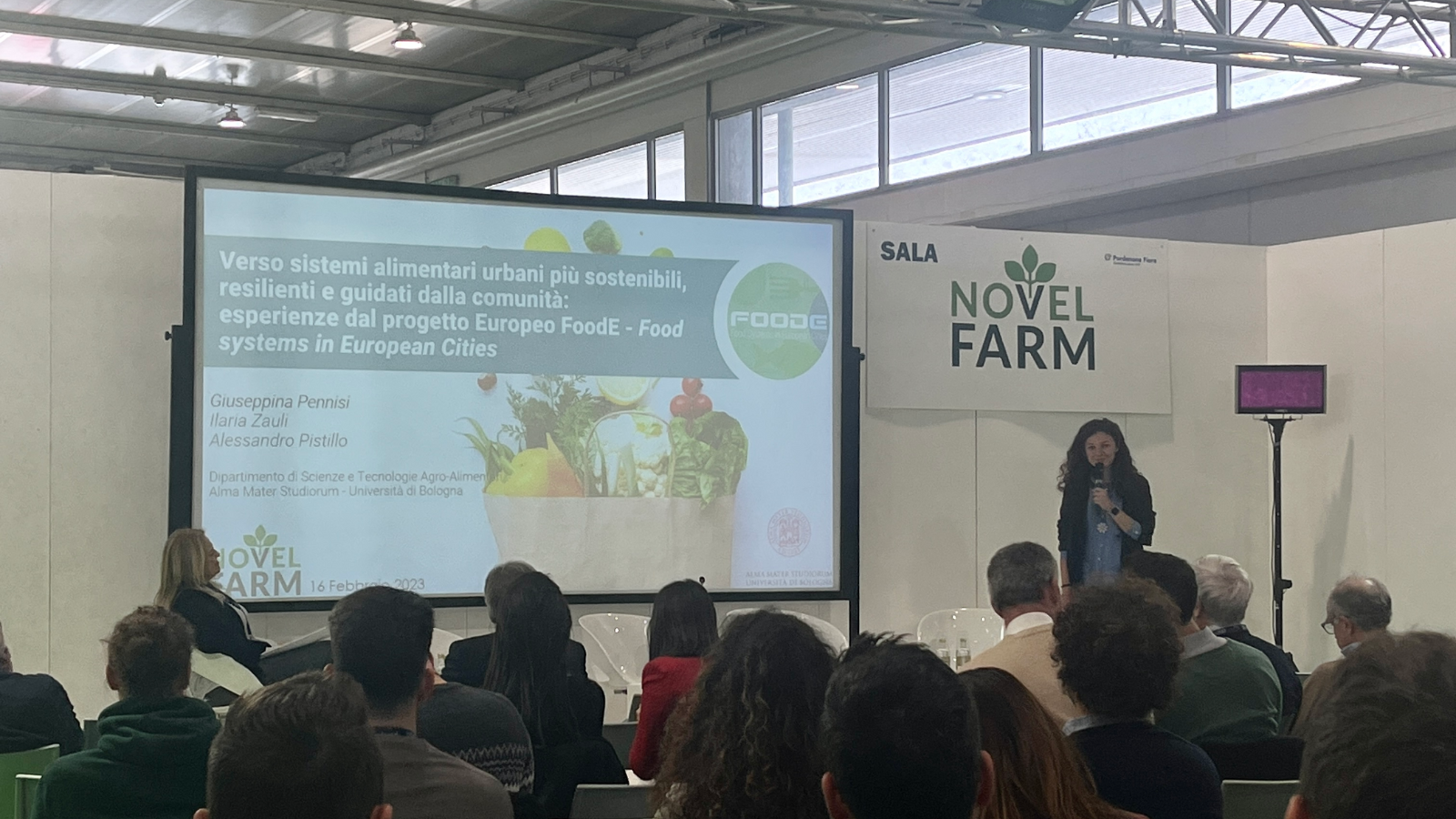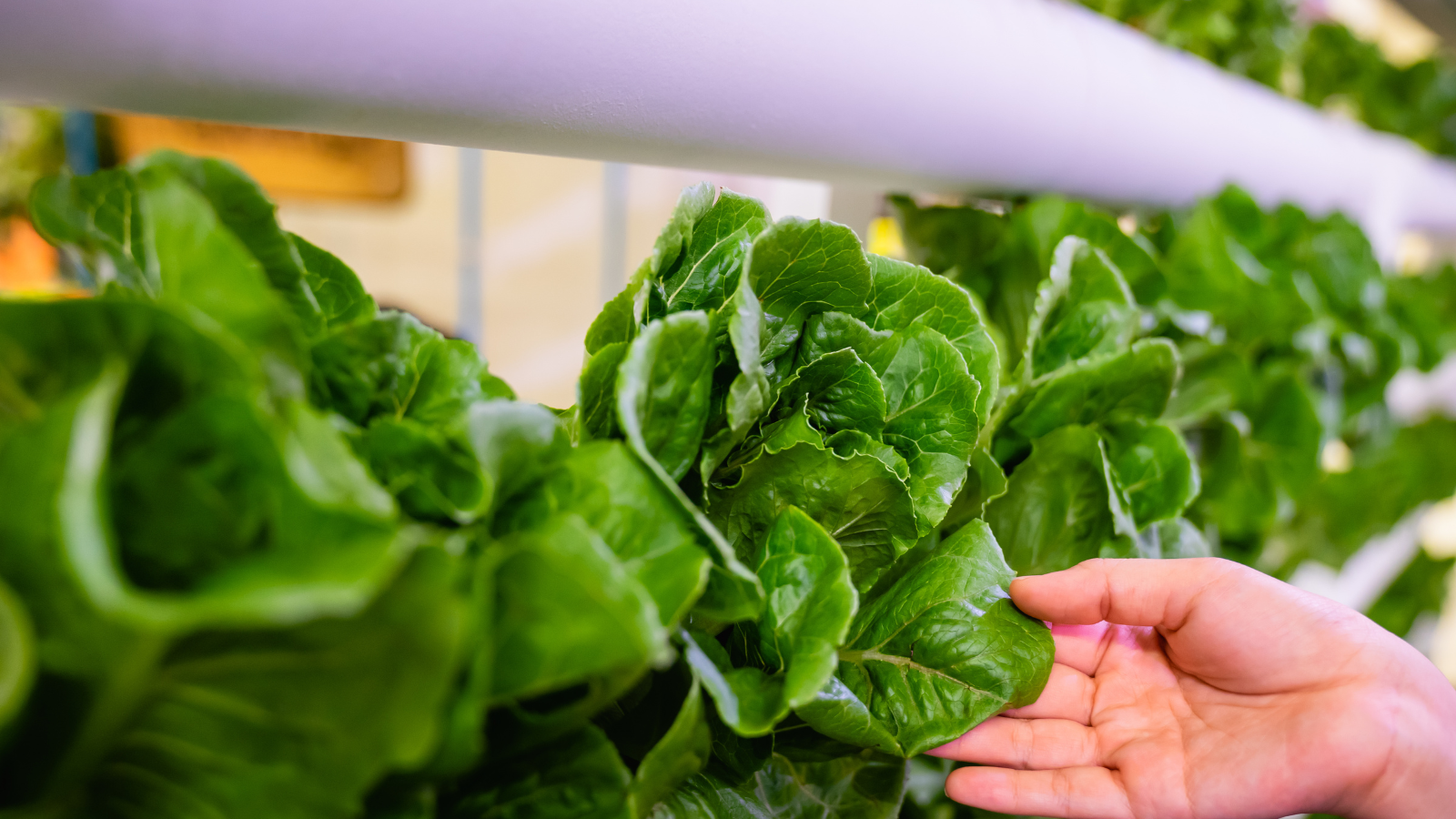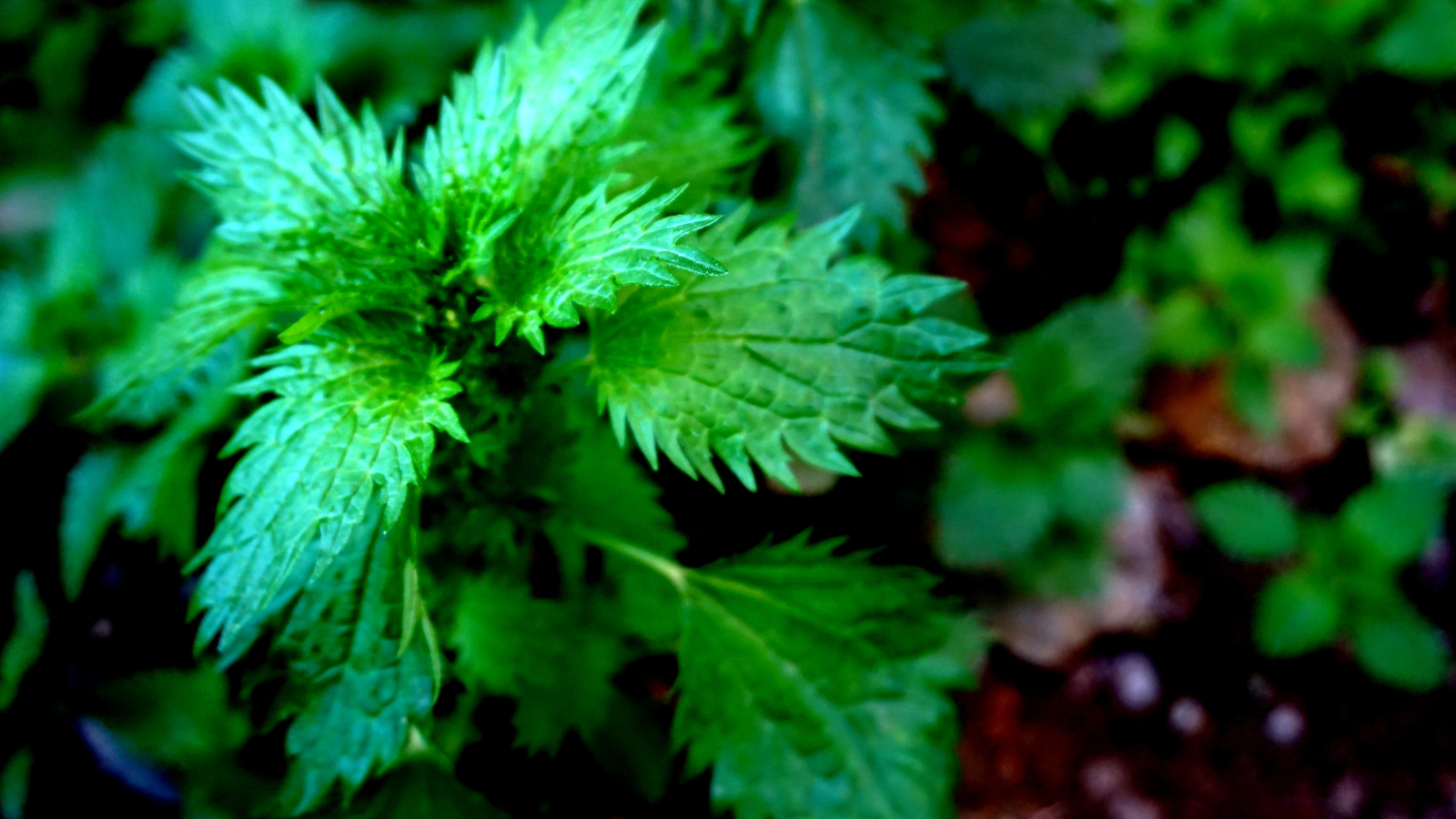According to a study done by the Food and Agriculture Organization of the United Nations, 45.7 % of the fruits and vegetables produced in the world go to waste. Most of this waste can be avoided by a better management of unsold or ‘ugly’ fruits and vegetables. Millions who are starving could have been fed with this produce that went to waste. Therefore, it is extremely important to reduce food waste as much as possible.
This problem is seen in not only supermarkets but also on farms. In fact, the first level of food waste is produced on farms. Staggering levels of food waste come from farms due to the weather, pests, lack of demand, etc. Micro-farms and urban farms aren’t spared either.
How can we better manage this food waste? Conserving or processing the fruits and vegetables before they rot are ways to reduce food waste. The association, Micro-ressources takes on this challenge with surplus fruits and vegetables. Located in the 11th arrondissement of Paris, Micro-ressources specializes in the sector of scientific and technical activities. For instant, it studies the logistics of urban farms. During their study, they discovered the Cité Maraîchère of Romainville. This urban farm is facing a surplus of tomatoes this summer due to the lack of buyers. The neighbourhoods of Romainville are almost empty in August because many of the residents leave for vacation this time of the year. Henceforth, very few of the tomatoes grown at the Cité Maraîchère will be sold.
Micro-ressources will be partnering with the Cité Maraîchère to transform these unsold tomatoes into ketchup. This will save those red fruits from ending up in the garbage.
This initiative taken by Micro-ressources shows how many enterprises or organisations can easily lower food waste by partnering up with other companies or associations and by coming up with new ideas to better utilise surplus fruits and vegetables. This initiative will also encourage dialogue and solidarity between different organisations.






